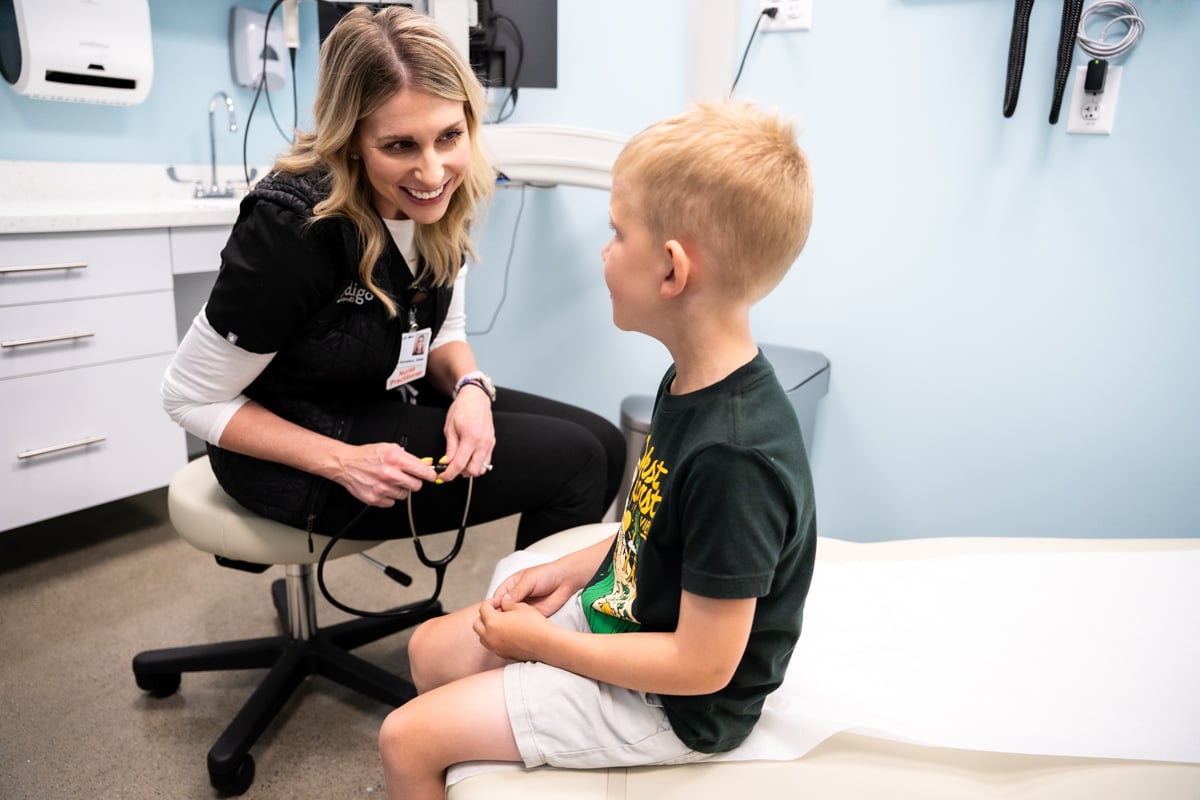Now that school has started again, there are a few common illnesses that you should watch out for in your children -- and yourself. After all, any number of viruses can be passed between parent and child, especially conjunctivitis.
Conjunctivitis, the complicated word also known as pink eye, is a common illness in young children. How can we be so lucky?
Because this infection is so contagious, it's easily passed between children in the schoolyard, even if your child doesn't come into contact with the source of the infection. What’s a kid to do? This prevalence also means that adults working with children, such as daycare workers or teachers, are at a higher risk for catching pink eye than adults with other jobs where kids don’t typically hang out.
If you're worried that you and/or your child have been tapped with the frustrating side effects of pink eye, here's what you should know about this common illness.
What is pink eye?
Pink eye is typically thought of as a viral infection of the eye, but it can also be caused by allergens, bacteria and other infections already present in the body. In fact, children and adults are more likely to develop pink eye if they already have a sinus or ear infection -- good to know!
Pink eye caused by allergies is known as allergic conjunctivitis and is often a result of hay fever (symptoms of runny nose, itchy eyes, congestion, sneezing and sinus pressure) in the fall. Luckily, this form of pink eye is not contagious.
If the source of infection comes from a bacteria or other foreign body, it's known as irritant conjunctivitis. This form of pink eye is highly contagious and it's recommended that those suffering from irritant conjunctivitis avoid contact with other people for at least a full 24 hours after starting antibiotics. Netflix binge time? Yes! For viral infections, however, pink eye is contagious for as long as the symptoms persist -- wash your hands often, use a clean washcloth daily and change your pillowcase regularly.
How long does pink eye last?
How long pink eye last depends on what type of pink eye you have. Viral pink eye is caused by viruses like adenovirus and herpes virus. In most cases, viral pink eye will clear up in one to two weeks if left untreated. Bacterial pink eye is caused by an infection. As long as antibiotics are used to treat the infection, symptoms should start to clear up within 24 hours. If left untreated, symptoms will improve within 10 days.
What does pink eye look like?
Do you know what pink eye looks like? Pink eye looks like what the name implies: the whites of the eye typically look pinker and bloodshot. If you happen to get pink eye around Halloween, might we suggest the convenient zombie look? Otherwise, some pink eye cases may cause swelling and redness around the eye, making it difficult to open and this can be tough on little kids.
Another hallmark of pink eye is discomfort. Many children say that pink eye feels like they have sand in their eyes. Pink eye is often accompanied by watery eyes or a thick discharge that clogs the eyelashes after a night of sleep. When you notice these symptoms, it's important to wash your hands and get to your nearest urgent care location for prompt diagnosis and treatment.
Can I get pink eye if I have COVID-19?
While the most typical symptoms associated with COVID-19 are fever, coughing, and breathing problems, on some rare occasions it can also cause pink eye. To date, pink eye has only been found in 1% - 3% of COVID patients. Pink eye can occur when the virus infects a tissue called the conjunctiva, which covers the white part of your eye or the inside of your eyelids.
Will pink eye go away on its own?
Just as there are many causes of pink eye, there are also many home remedies to treat pink eye. Viral pink eye needs to go away on its own, though urgent care providers can typically prescribe medication to help you cope with the symptoms of the illness. In other cases, your doctor will prescribe antibiotic eye drops or deliver an antihistamine. Regardless, the healthcare provider performing your eye exam should have no problem diagnosing a case of conjunctivitis and offering the perfect remedy to feel better.
If you think you may have pink eye and have no insurance, contact MultiCare Indigo Health for cash-pay pricing information. Indigo Health clinics are located in various areas throughout Washington for your convenience. You can also schedule an online care appointment and be seen by a provider from the comfort of your home. Book an appointment online or walk in to see us anytime from 8 am to 8 pm -- we’re here to help!


